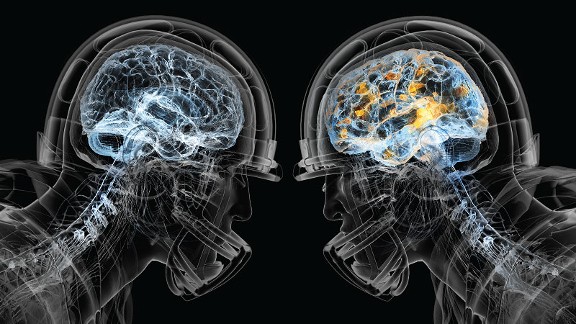
Do mouthguards reduce concussions? Some mouth guard manufacturers, but very few scientists, claim that mouth guards prevent concussions. The fact of the matter is that the rotation of the head from a blow and the subsequent violent movement of the brain inside the skull will not be slowed down by a mouth guard.
There are two scientific studies from the 1960’s that are often quoted by people who attempt to prove the contrary. The problem is that these two studies do not show any decrease in concussions, or traumatic brain injuries, they just point towards a possible effect on decreasing force transfer from the jaws to the skull and brain, which by no means is the same as lower risk for concussions.
The two studies are not clinical studies, only laboratory tests, and no one has ever shown reduced rates in concussions when mouth guards are used.
For a review of current science in this field click here or read more here.
Here is a short summary of the studies mentioned above:
None of these experimental findings have been proven to lower rates of concussions in real life, and neither Stenger nor Hickey claimed that to be the case.
A classic paper on this topic was written by Crory (Br J Sports Med 2001;35:81-82) He pointed out that Hickey’s study, that used fixed cadaver heads, did not reflect a real concussion. Change in intracranial pressure does not cause concussions. Like Cory, no serious scientist claims a link between use of mouth guards and prevention of concussions. Helmets can make a difference for sure, but mouth guards are for dental protection.
In order to prevent dental injury, mouth guard is generally worn over upper teeth, but athletes in higher impact sports or those with braces may consider wearing guards on both upper and lower teeth. An effective mouthguard should fit comfortably, be stong and durable, easy to clean, and should not restrict your breathing or speech.
Please do not hesitate to write to us with questions about mouth guards and concussions.
Jan Akervall, MD, PhD
CEO & Founder of Akervall Technologies Inc. and inventor of SISU Mouthguard
